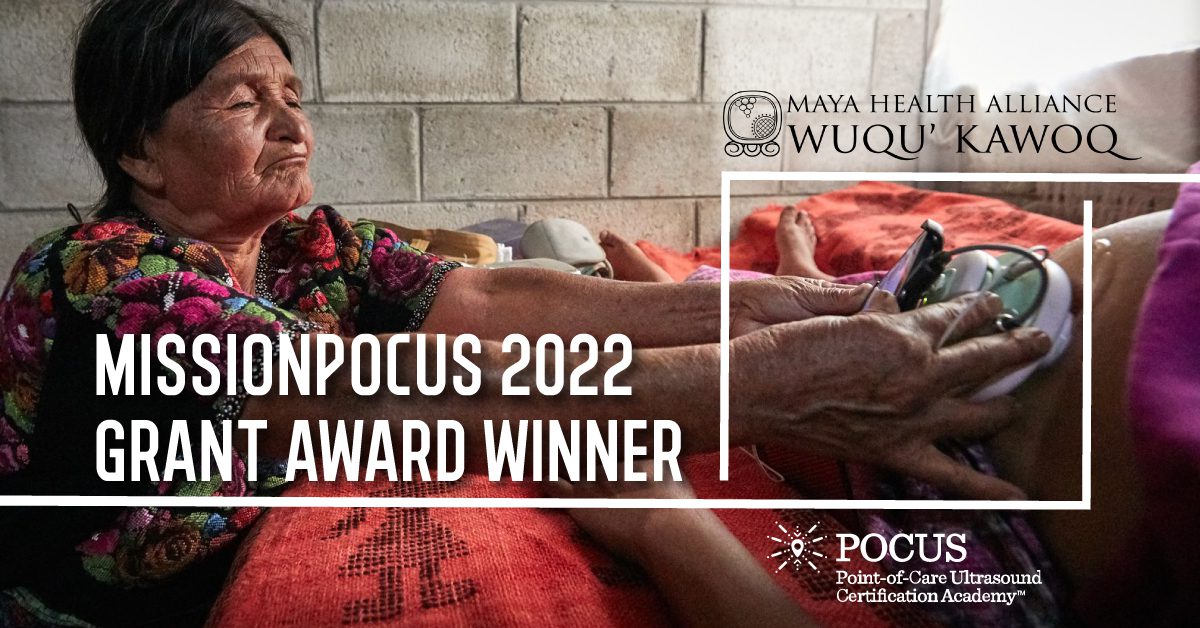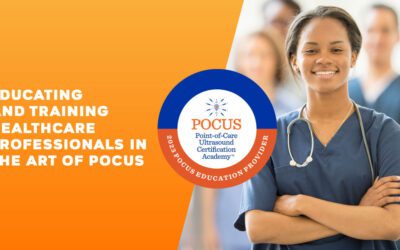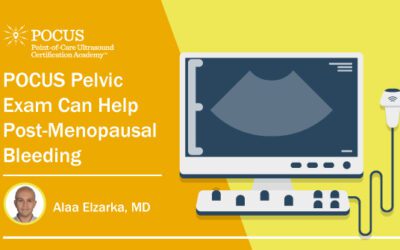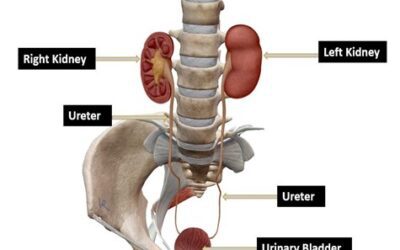In rural Guatemala, the indigenous Mayan population faces the challenge of limited access to quality healthcare. Mayan people face a variety of barriers to quality healthcare, including cost, distance, discrimination, and language. They experience life expectancies that are 13 years shorter, and maternal mortality rates twice as high as non-indigenous Guatemalans. Wuqu’ Kawoq (WK), also known as Maya Health Alliance, is a Guatemala-based nongovernmental healthcare provider dedicated to providing quality medical care to rural Mayan communities. Founded in 2007, WK’s mission is to solve the pressing health needs in Guatemala’s most impoverished regions and, at its core, address the disparity in care outcomes, improving the health of the Mayan people.

Despite insufficient access to resources such as diagnostic and imaging services, WK’s mission to bring quality healthcare to these remote communities has been largely successful. Their team of passionate providers includes indigenous physicians, nurses, navigators, and community health workers who speak their patients’ Mayan languages and understand their culture. WK serves over 20,000 patients annually and has witnessed efforts made by its providers drive a remarkable 20-40% decrease in childhood stunting and malnutrition. Additionally, there has been a drop in maternal mortality within their patient population.
Dr. Florence Hsiao, a current family medicine resident at the University of Cincinnati and anticipated Global Health Fellow of the university, attributes these incredible wins in part to technology. “Technology has played a significant role in helping us achieve these goals,” Dr. Hsiao shares. A mHealth smartphone system designed in collaboration with Emory University was implemented by WK in 2015. The device, which incorporates detailed checklists of maternal and newborn warning signs, records and securely transmits patient information for review by clinical staff, flagging serious complications for immediate follow-up. The birth attendants are now able to listen to fetal heart tones and check blood pressure in patients’ homes. This new opportunity permits mothers timely access to advanced care when needed.
The organization also formed a partnership with the University of Cincinnati Department of Family and Community Medicine (UC DFCM), which pivoted to using telemedicine during COVID-19. birthed a telemedicine system. This collaboration ensured little-to-no interruptions in its primary care services during the COVID-19 pandemic. Before the pandemic, UC DFCM residents and faculty conducted primary care visits in WK’s rural clinics five times a year. Due to COVID-19, the trips were suspended. Telemedicine visits provided an alternative that ensured patients could still be tended to. In-person trips have since resumed, but providers continue to use telemedicine for remote follow-up visits to maintain continuity of care between trips.
WK is excited to partner with the UC team to further enhance patient care with ultrasound technologies that would not ordinarily be accessible in these rural communities. The advances in point-of-care ultrasound (POCUS) technology make this modality an ideal solution. By using portable POCUS equipment, WK could bring basic imaging to remote clinics and into patients’ homes. The mobility and affordability of handheld ultrasound technology allow WK to progress in its mission.
The Point-of-Care Ultrasound (POCUS) Certification Academy™ established the MissionPOCUS grant in 2018 and has been awarding funds and support annually to healthcare organizations like WK. The grant program partners with providers serving locations that lack resources and infrastructure for traditional imaging modalities. We are pleased to announce that this year’s grant winner is Wuqu’ Kawoq !
WK will join a prestigious list of transformational organizations bringing innovative, valuable, life-saving work to challenged communities. MissionPOCUS has worked with many inspirational organizations, such as the 2021 awardees, MedGlobal and the Global Ultrasound Institute, which served the Rohingya Refugee Camp in Bangladesh. In 2020, the award went to Doctors without Borders to evaluate the integration of POCUS into their training process. The NYAGI Project won the award in 2019, supporting its education program in low-resource regions of the world. Lastly, in MissionPOCUS’s inaugural year, Polyclinique Universitaire St-Jean Baptiste partnered with the program to train healthcare providers in Haiti.
Dr. Hsiao describes this achievement as, “Such an honor! This grant not only supports our work in Guatemala but also connects us to the international POCUS community. It is both inspiring and humbling to see all the great work other MissionPOCUS recipients are doing around the world.”
WK will use the grant to purchase ultrasound devices for its existing maternity and primary care programs. The organization plans to implement a five-phase training approach over a year to educate frontline healthcare workers in Guatemala. Due to the low availability of physicians, the training program will target non-physician staff to provide high-quality images in lieu of doctors. They will also conduct a study to identify the most common uses for POCUS in primary care clinical situations. The data collected will inform future ultrasound training programs most beneficial in rural Guatemala.
The POCUS Certification Academy commends WK on its extraordinary accomplishments and the incredible influence it has in Guatemala. “The 2022 MissionPOCUS project addresses crucial health disparities in a special population of indigenous natives—the Mayan people. Through the training, certification, and outfitting of POCUS throughout the region, the 2022 project will focus on advancing triage and treatment outcomes in maternal and fetal health and ultimately save the lives of so many of our indigenous neighbors.”
We offer our congratulations on the award of this well-deserved grant. Join us in celebrating this ambitious project and the impacts to come!
Interested in learning more about MissionPOCUS? Complete the form on our MissionPOCUS page to apply to be our next MissionPOCUS project or select to be a sponsor instead!
























